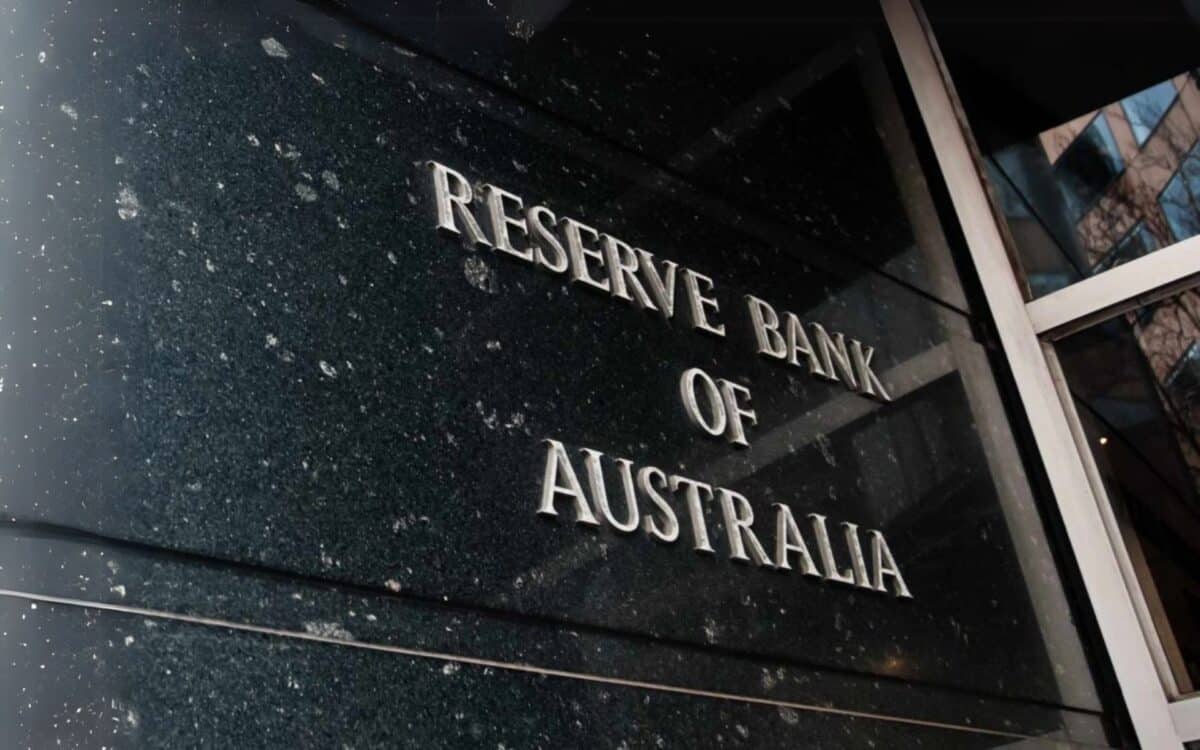A growing number of economists expect the Reserve Bank of Australia (RBA) to announce an interest rate cut next Tuesday, marking its first policy adjustment of 2025. A Finder survey of 37 experts found that 73% anticipate a rate reduction, which could bring the cash rate down to 4.1%.
If implemented, this would be the first cut since the RBA began raising rates in 2022 to curb inflation. The RBA’s first meeting of the year will take place on Monday and Tuesday, with the decision set to be announced on Tuesday afternoon (AEDT).
A Reuters poll suggests that the RBA is likely to introduce a series of reductions rather than a single cut. Financial markets have priced in a possible rate cut by the second quarter of 2025, with additional reductions expected later in the year. Investors and mortgage holders are closely watching next Tuesday’s decision for signals on the pace and timing of future cuts.
Economic conditions point to a potential shift
Several indicators support the expectation of a rate reduction. Headline inflation has returned to the RBA’s target range, and core inflation has also declined in recent months.
Finder’s head of consumer research, Graham Cooke, stated that these developments increase pressure on the RBA to act. However, some experts suggest that the central bank may prefer to delay a decision.
Adjunct Professor Noel Whittaker from Queensland University of Technology pointed to ongoing inflationary pressures in the construction sector, labour shortages, and a resilient job market as factors that could deter the RBA from an early rate cut.
A separate Reuters analysis notes that external risks, such as China’s economic slowdown and global supply chain disruptions, may also affect the RBA’s decision. The central bank’s governor, Michele Bullock, has previously stated that inflation must be fully under control before easing monetary policy.
The RBA’s latest economic forecasts and its commentary on global risks will be closely analysed. AMP’s Shane Oliver stated that “underlying inflation is falling faster than the RBA expected and has been running around target over the last six months”.
He also noted that global trade tensions, particularly those linked to a possible new trade war involving Donald Trump, could pose a greater risk to Australian economic growth than inflation.
Impact on mortgage holders
If the RBA reduces the cash rate by 25 basis points, homeowners with variable-rate mortgages would likely see lower repayments. For those with an average mortgage of £335,000 (A$641,416), a 0.25% cut could reduce repayments by approximately £55 (A$103) per month, assuming banks pass the cut on in full.
- Homeowners in Sydney, where the median home price exceeds £590,000 (A$1.1 million), could save around £78 (A$145) per month, or £936 (A$1,740) per year.
- Those in Perth, with an average home price of £380,000 (A$724,679), might save £50 (A$93) per month, or £600 (A$1,116) per year.
More than one-third of Australian homeowners (38%) reported struggling with mortgage repayments in January, according to Finder’s Consumer Sentiment Tracker, citing rising living costs and high interest rates as key challenges. A reduction in borrowing costs would provide financial relief, but fixed-rate borrowers will not see immediate benefits.
Finder’s analysis also suggests that first-time buyers and those who recently entered the property market stand to benefit the most, as they typically have higher loan-to-value ratios and larger mortgage balances.
Uncertainty remains
Despite widespread expectations of a rate cut, the RBA’s final decision remains uncertain. Economic data suggests inflation has moderated, but wage growth and housing demand could keep price pressures elevated.
A Reuters survey of economists indicates that while a rate cut is anticipated, some analysts predict the first reduction may not occur until May or later. The pace of future cuts will depend on inflation trends, employment data, and global economic conditions.
The RBA has emphasised that any monetary policy changes will be data-dependent, meaning future rate cuts are not guaranteed. Analysts have advised mortgage holders to monitor bank responses closely, as some lenders may not pass rate cuts on in full.
Financial experts recommend that homeowners review their mortgage options to ensure they are receiving the most competitive rates. Lenders may offer better deals in response to an RBA cut, but borrowers are encouraged to actively compare interest rates and negotiate with banks to secure better terms.
This article has been republished from the following materials. Note: material may have been edited for length and content. For further information, please contact the cited source.









